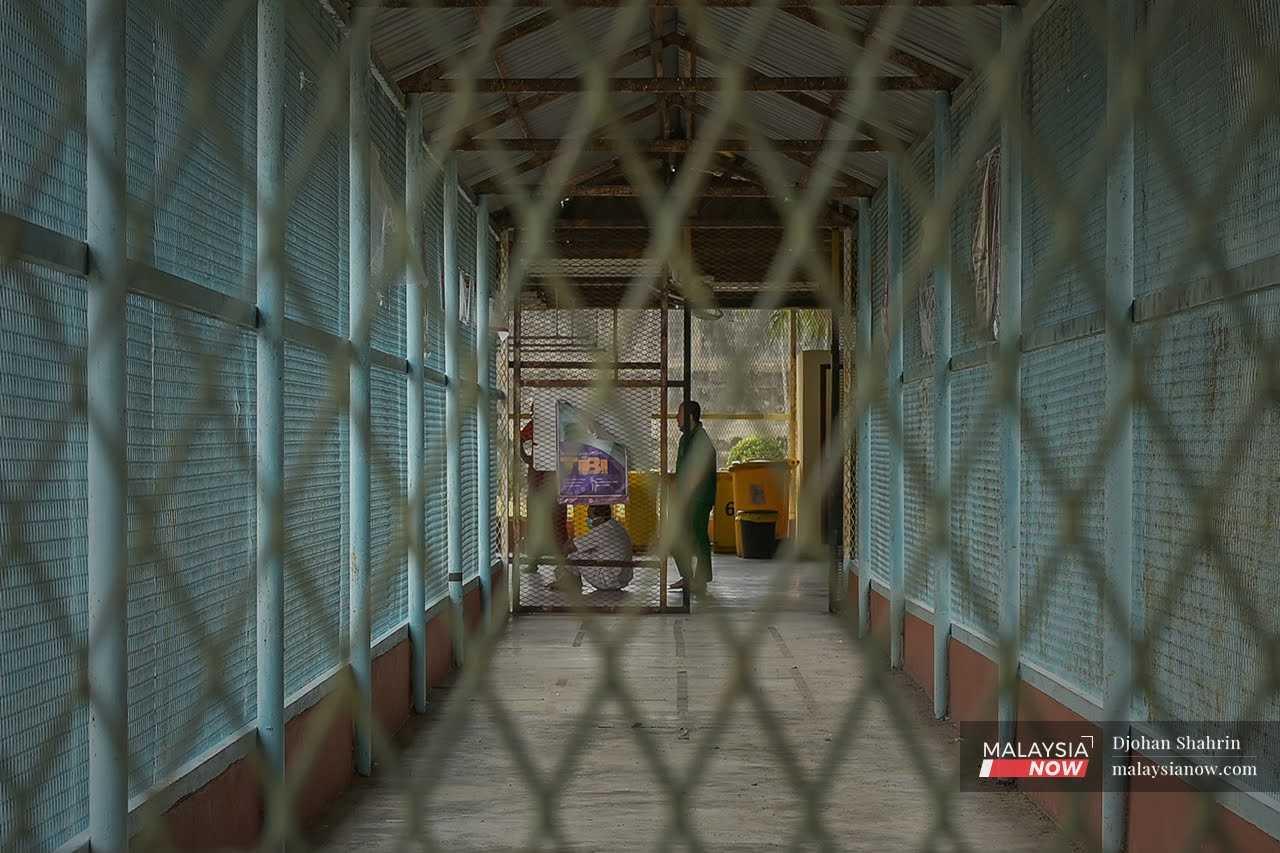Malaysia aims to cut prison occupancy rate by two-thirds in 8 years
Prison Department commissioner-general Nordin Muhamad says this will be done by boosting reliance on community corrections.
Just In
Malaysia aims to cut its prison occupancy rate by two-thirds over the next eight years by boosting reliance on community corrections, Prison Department commissioner-general Nordin Muhamad says.
He said the greater focus on community corrections is part of Malaysia's objective to reduce the prison population and improve the rehabilitation of those convicted of non-serious offences.
"By 2030, two-thirds of convicted prisoners should undergo community corrections. Correctional facilities are meant for those involved in serious crimes," Nordin told Bernama in an interview in New Delhi.
About 30% of crimes committed in Malaysia are of a serious and violent nature.
Nordin said the recidivism rate among former inmates without rehabilitation opportunities outside the prison is 15% compared with just 0.38% for those who undergo community corrections.
"Our future focus is more on community corrections so that we can reduce recidivism," he said.
In order to better protect the communities, the idea should be to transform from retributive to restorative justice, he added.
Malaysian prison facilities at present hold about 76,000 inmates against their capacity of 66,000.
The Prison Department's rehabilitation and resettlement initiatives include job attachment schemes in which companies offer employment and accommodation to eligible inmates under the supervision of prison officials.
At the moment, about 5,000 prisoners are enrolled in job schemes with various companies.
"We can reach 10,000 inmates by 2023. The government will be able to cut its monthly expenditure by RM500 per inmate," Nordin said.
On healthcare facilities for prisoners, he said the basic services are similar to those available outside although the department has been looking into ways to improve access to specialist medical care.
Subscribe to our newsletter
To be updated with all the latest news and analyses daily.
